The days are long, and the sounds are busy, but the mood is light, and the energy is high.
A cacophony emerges from within the Sale Theatre and below, as saws hum, hammers bang, ideas are tossed about, and lines dissolve between community, faculty, staff, and student. Sets are being built, but so are friendships and shared experience.
It is the waning days prior to the opening of Emmet Otter’s Jug Band Christmas on campus, and the frenetic energy is palpable.
In one area, students are taking needle and thread to fabric and fashioning the puppets for the production.
Downstairs, others construct stumps and trees and for the creation of the Waterville set–the fictitious city, ahem town, where the musical resides.
On the stage, some debate the next phase of production for one of the large trees, and others frame the facades for various scenes. Still outside, two staff members heat up a wire hanger with a blow torch in order to cut through a chunk of styrofoam.
Theatre Arts Professor and Director Emily Blankenship-Tucker takes a moment and a breath from the pace, looks around at the creation of this burgeoning new world, and smiles.
“Working on this show has been absolutely incredible,” she says. “The production is filled with puppet magic and theatrics that require the creative energy of every member of our team. It’s been such fun to experience this collaborative creative process with students, faculty, and community.
Theatre Arts Professor and Puppet Master Rebecca Crocker agrees.
“We have had incredible support from the community members and students,” Crockers says, as her eyes welling up.
For her part, she has been overseeing the puppet creation.
“It’s been a blast,” she says. “And it’s really been very cool to see these guys over here (points to several students) put their brains together and figure stuff out as I get pulled away to do other stuff. I’m not here to ask questions, and they’ve been great at brainstorming.”
One of the students to whom Crocker gestures is Scout Lynch, junior, who plays a character in the production but has also been helping create the puppets.
“I think it’s going pretty well,” Lynch says. “We’re pretty much right on track. The only problem is getting covered in fur! Look at my legs!”
They stand up to show the sheddings of many a puppet that seem to have attached themselves to Lynch’s clothing.
“They’re very sheddy creatures, these puppets” Lynch says.
Also covered in puppet by-product is Gage Shelton, junior.
“I was just shaking these outside to get the excess fur off,” he says.
Beyond that, Shelton, who plays the role of Doc Bullfrog, says he’s acquired some new skills in the process.
“I did not know how to sew or stitch before,” he says. “This is hashtag life-skills I learned in theatre.”
Shelton also acknowledges a learning curve.
“Like Scout said, it was very stressful at first, looking at the list of everything we had to do. But now that we are getting to a point where we are somewhat competent in what we’re doing, and there’s visions being created, it’s less stressful.
Stewart Werner, junior, is knee-deep in the power tools, building parts of the set. He’s got two Lowe’s buckets and some plywood, hammer, drill, nails, and screws.
“Right now I’m building a stump,” he says. “We’ve got another one upstairs (on stage), but we needed one that was a little bit bigger. We have a base platform that we are going to nail a piece of plywood to, and we’re going to nail the buckets to the plywood.”
For Werner, the work has been more than enjoyable, he says.
“My favorite part is cutting the wood,” he says. “It can be very serene.”
The company has a total of 2,000 tickets available, 200 per show, and a total of 10 shows. Currently, out of the 2,000 tickets, a little more than 450 have been grabbed up in pre-sales.
“That’s almost 25%,” Crocker says. “We’re at $8,500 (in sales so far). That’s more than we’ve ever had as far as I know of while I’ve been here since 2018–for any single show.”
Crocker points out that this is the longest run of shows that the company has produced.
“We have 10 shows when we would normally have four,” she says. “But even if we only had four, if you divide that in half–$4,000 in pre-show tickets, that’s still higher than we would have been in any other show that I’ve been here.”
It’s dinner theatre, so Aladdin Food Services on campus is catering the food, and Crocker says the fare served will be a traditional holiday meal.
“There’s going to be a carving station, and it’s going to be really, really special,” she says.
For dinner and a show, tickets are $30 for adults; 12-and-younger, meal and show, is $15; 12-and-younger, just show, is $5; and just the show for an adult is $10. If a Ferrum College employee wants to see the show and have a meal, the employee only has to pay for the meal, which is $20.
Dinner sales for next Tuesday, Wednesday, and Thursday (Dec. 5, 6, and 7) close today, but show tickets will still be available for those days. Dinner tickets beyond those dates are still available but will be closed on a staggered schedule.
“That is so the caterer can have time to get the meal together,” Crocker says. “We’ll keep everybody abreast of the dates of when the meal tickets will close.”
Show times and dates are as follows:
Tues., Dec., 5–2 p.m.
Wed., Dec. 6–2 p.m.
Thurs., Dec. 7–2 p.m.
Sat., Dec. 9–7 p.m.
Sun., Dec. 10–2 p.m.
Tues., Dec. 12–2 p.m.
Wed., Dec. 13–2 p.m.
Thurs., Dec. 14–2 p.m.
Sat., Dec. 16–7 p.m.
Sun., Dec. 17–2 p.m.

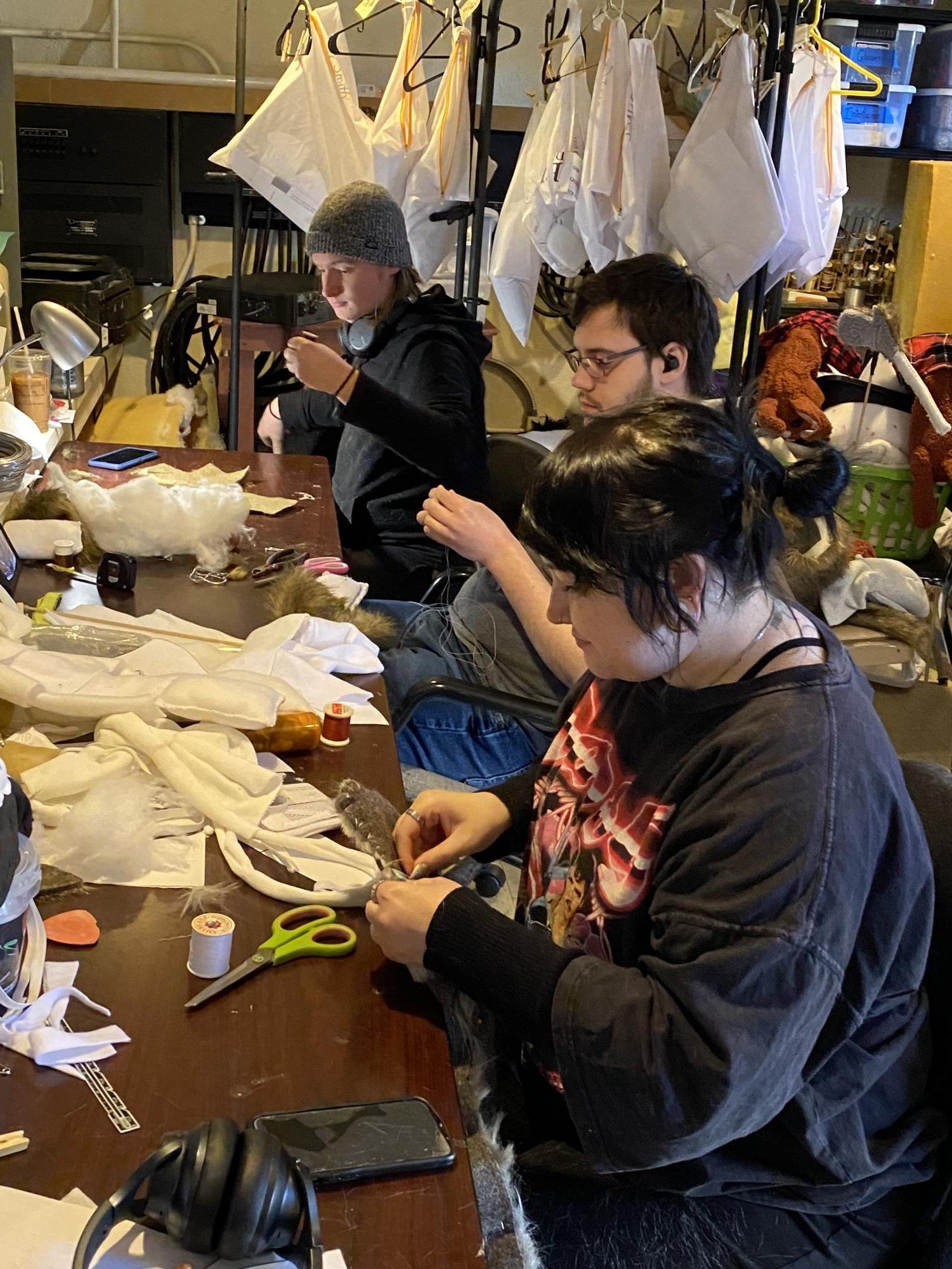
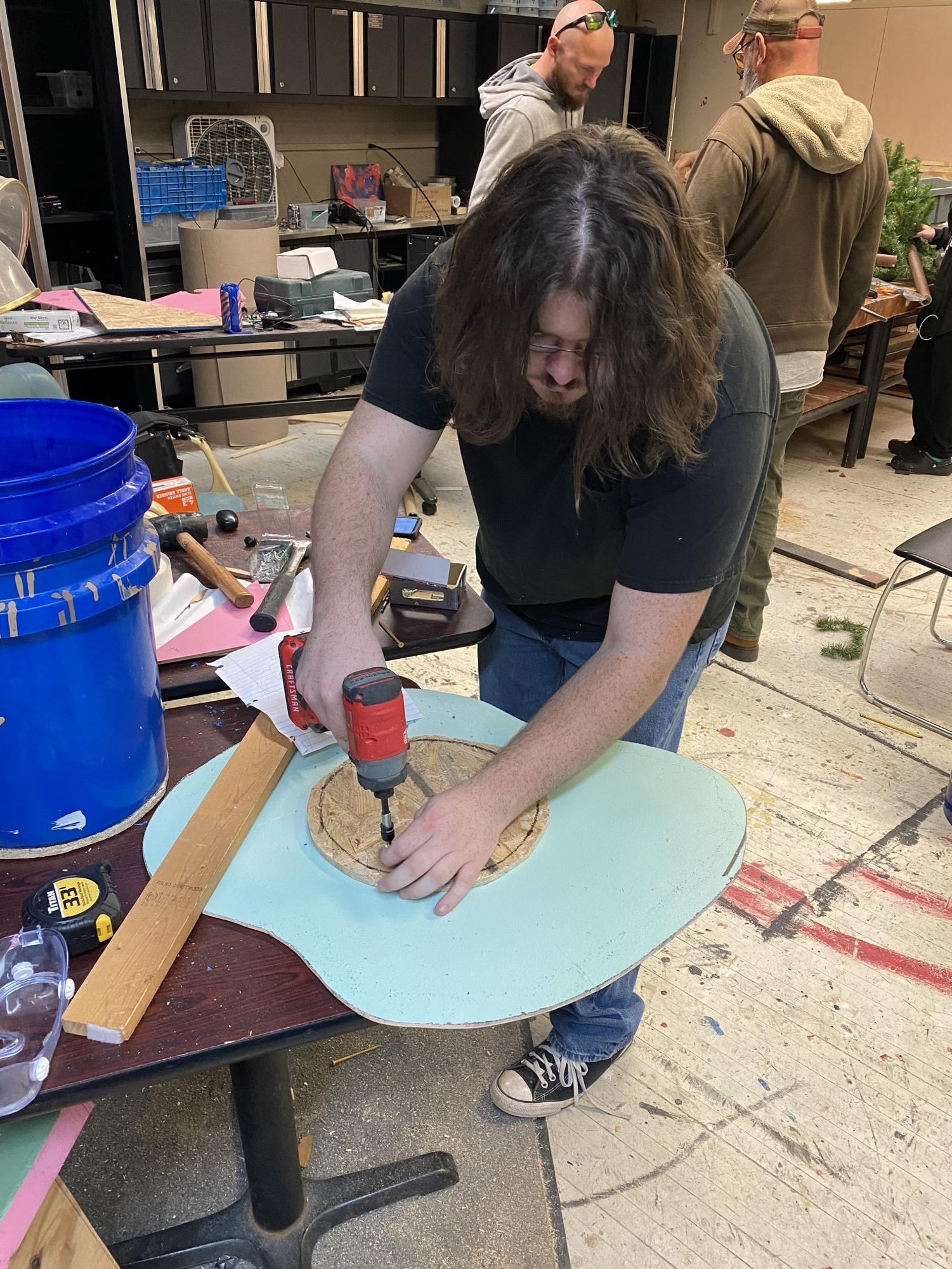
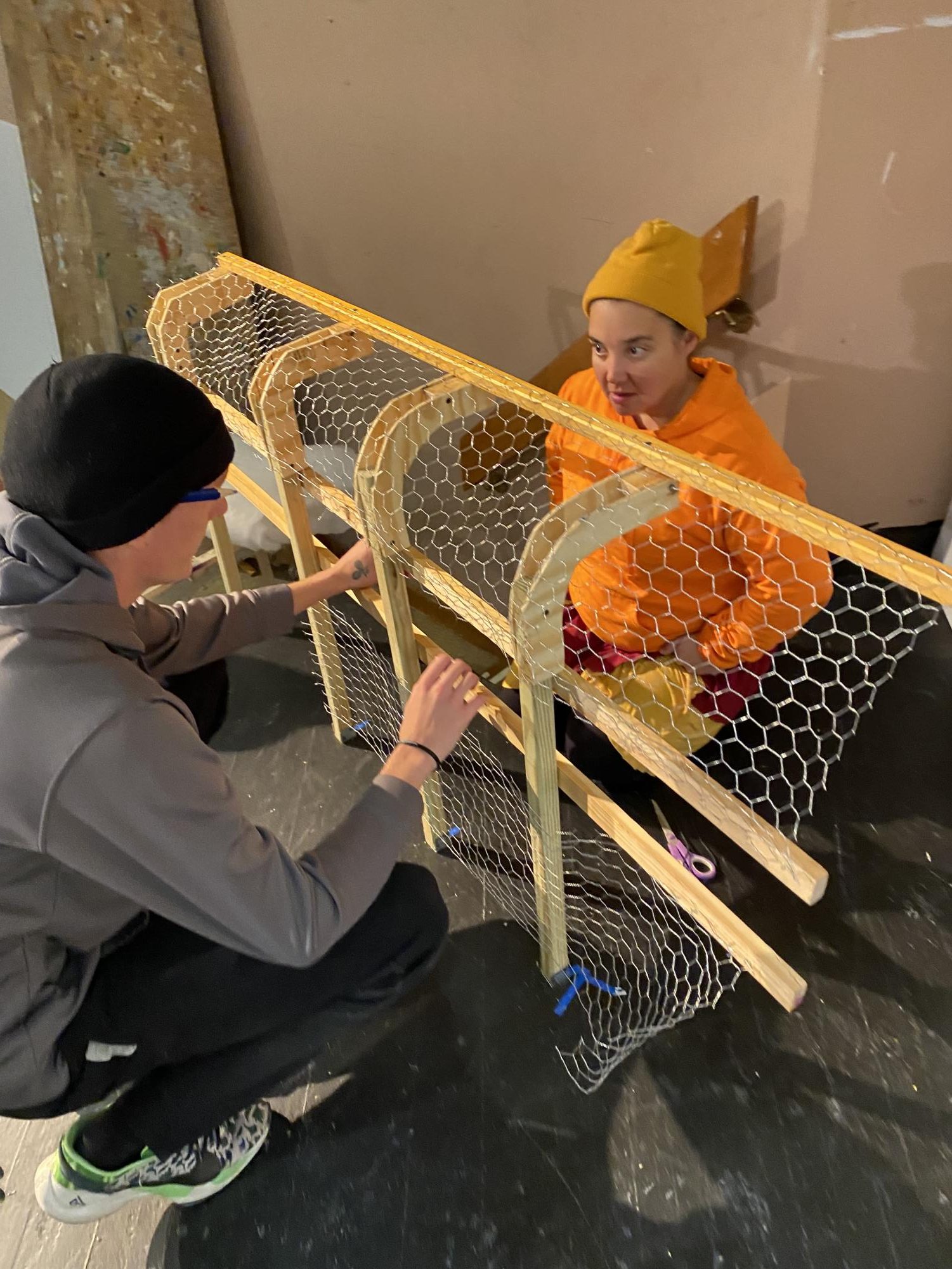
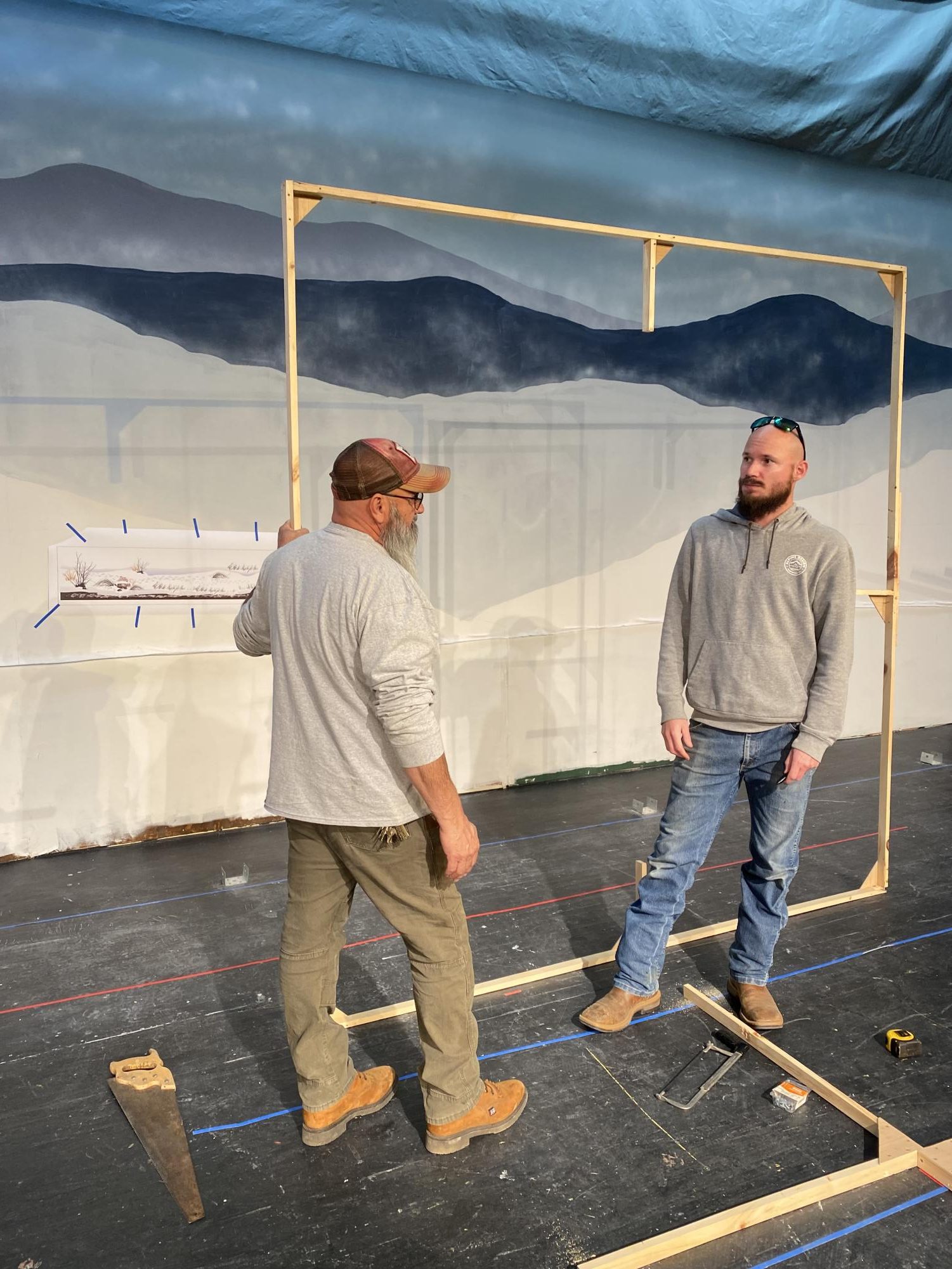
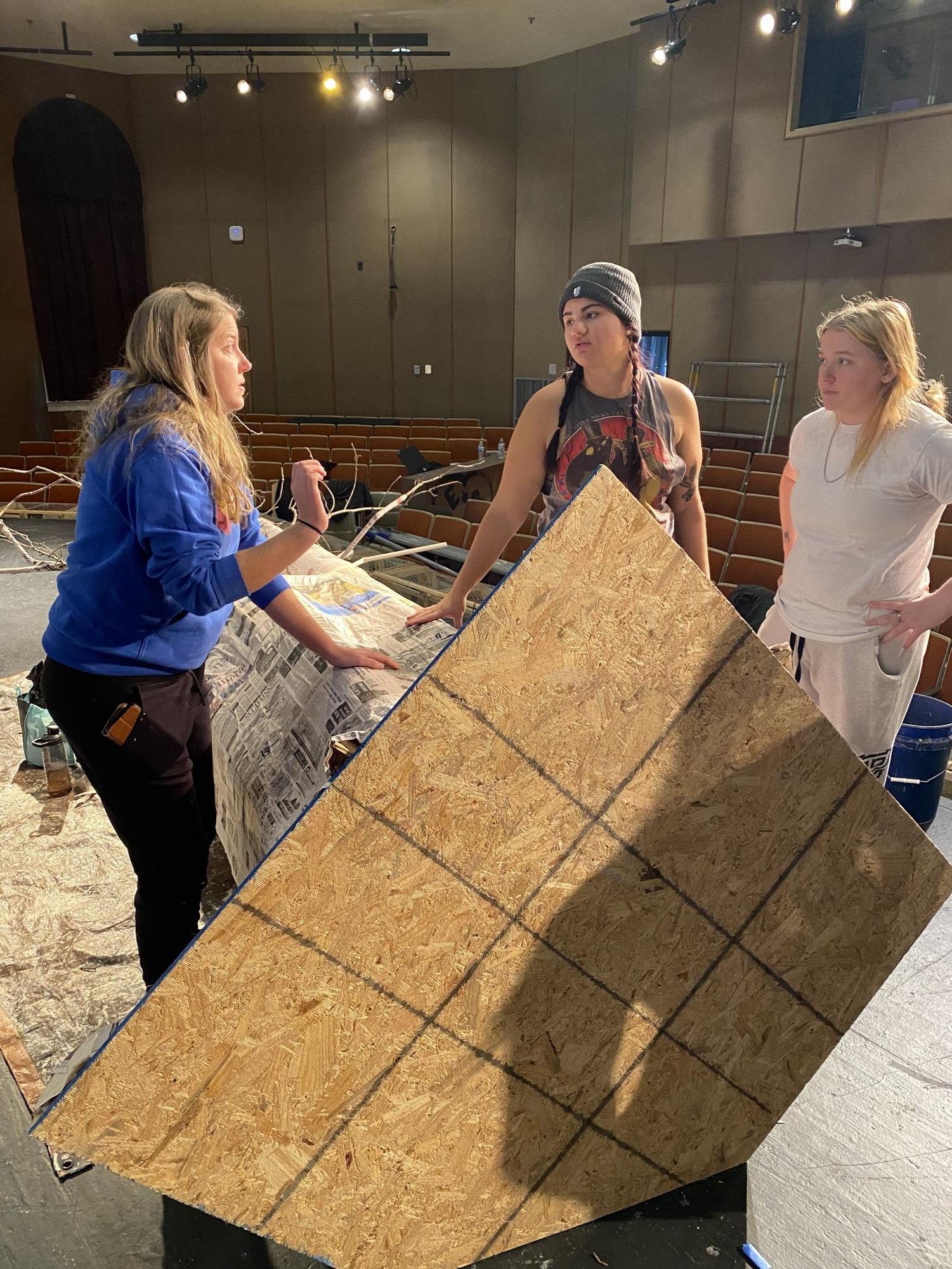
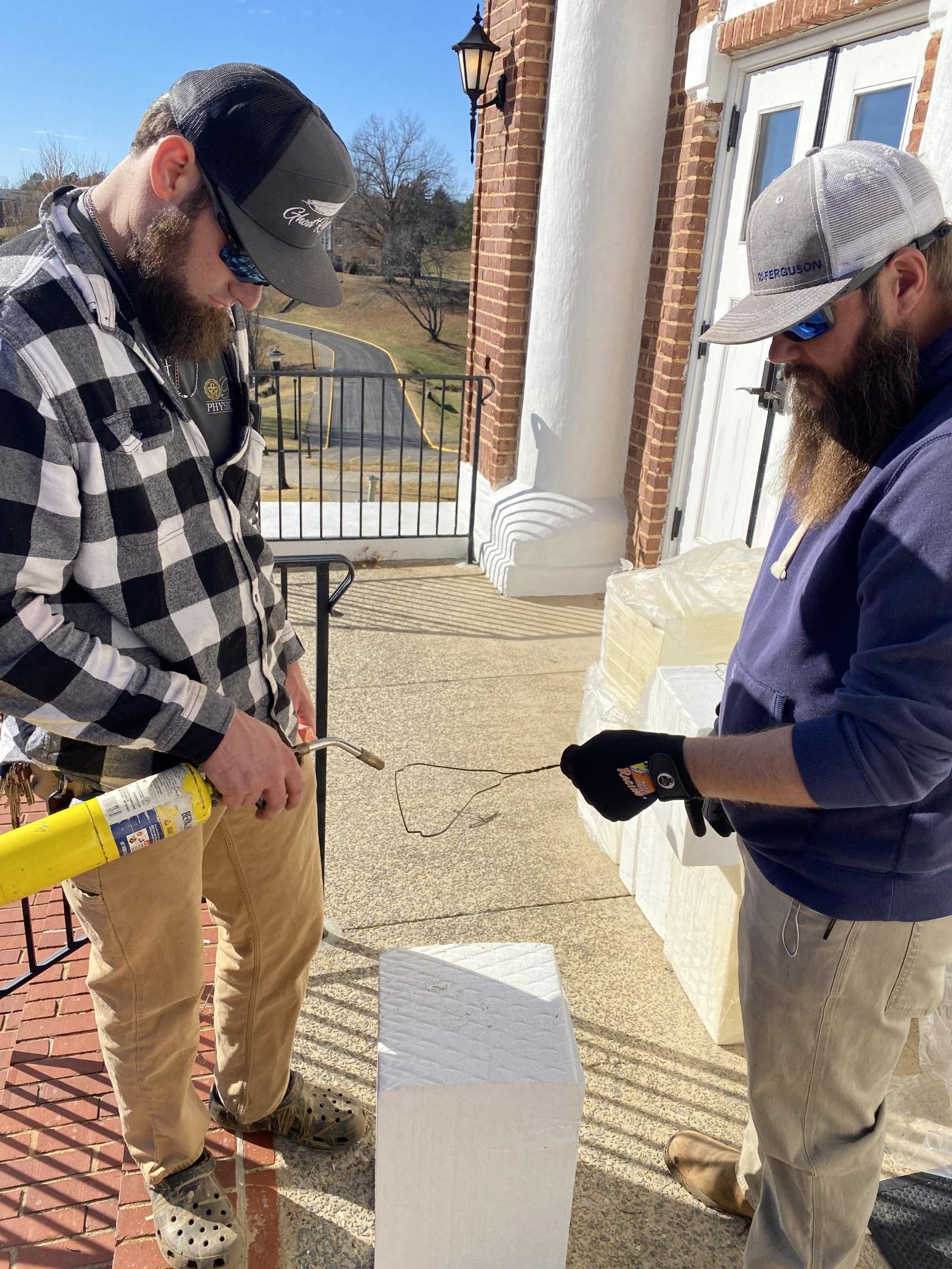

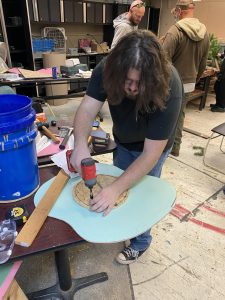
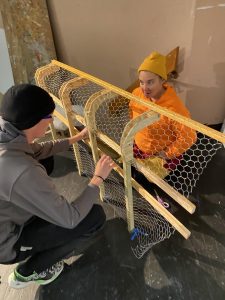
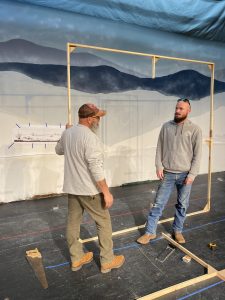
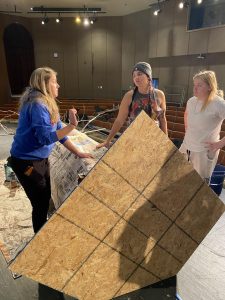


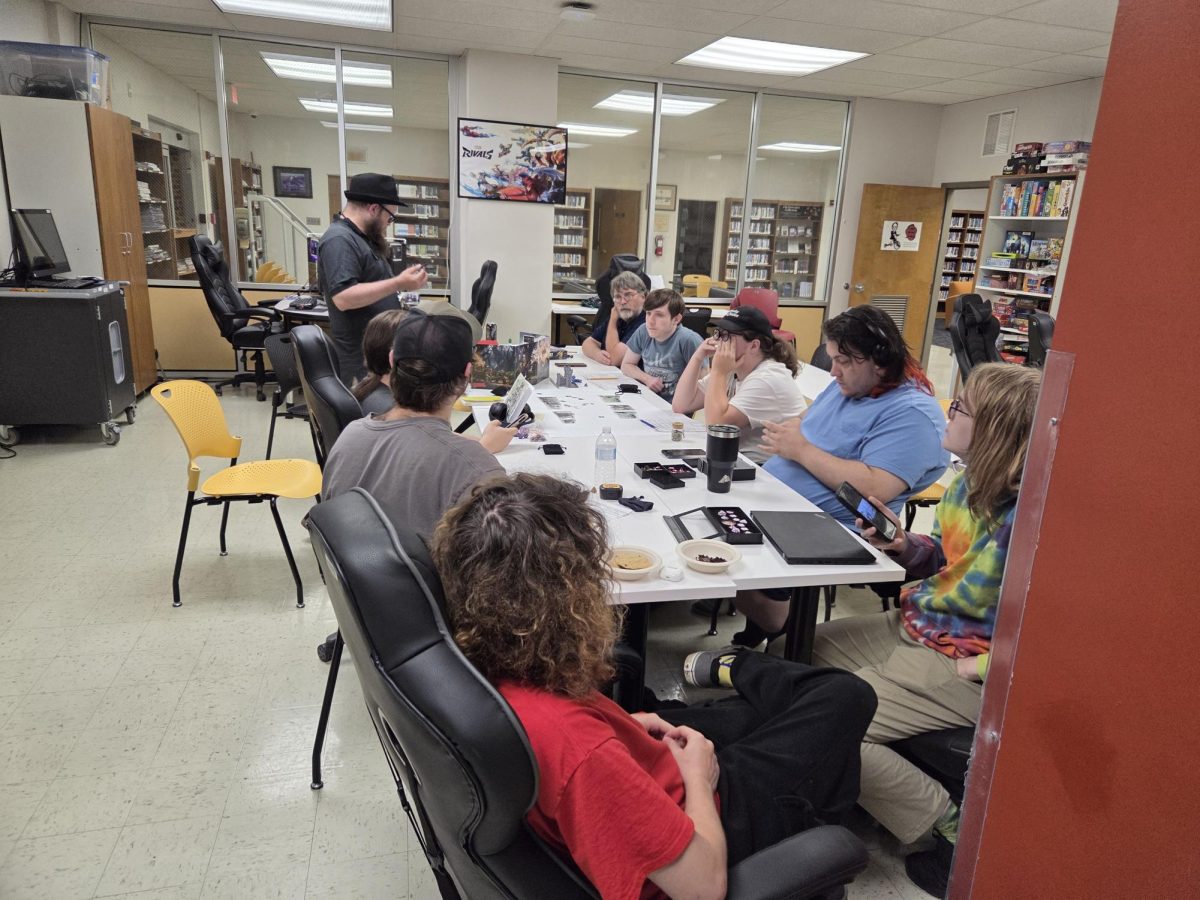
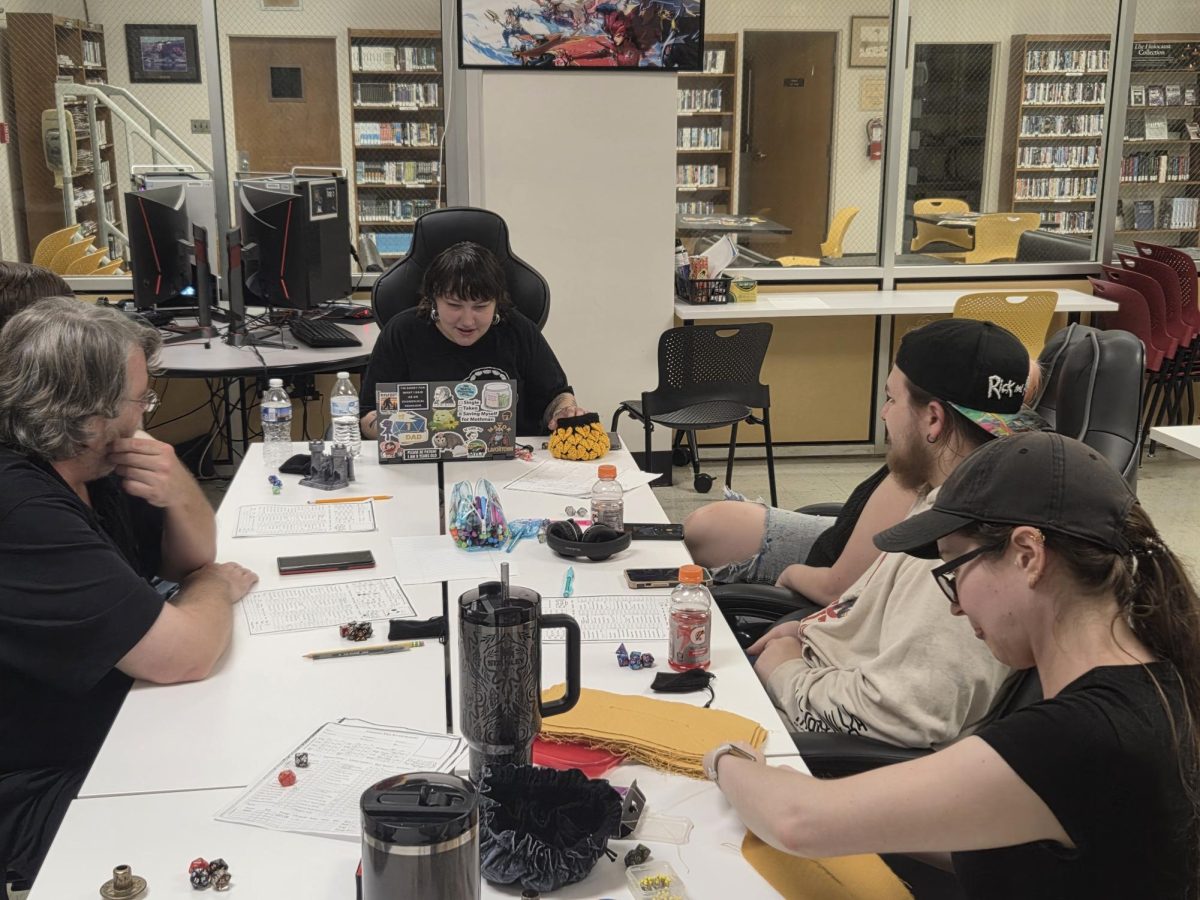
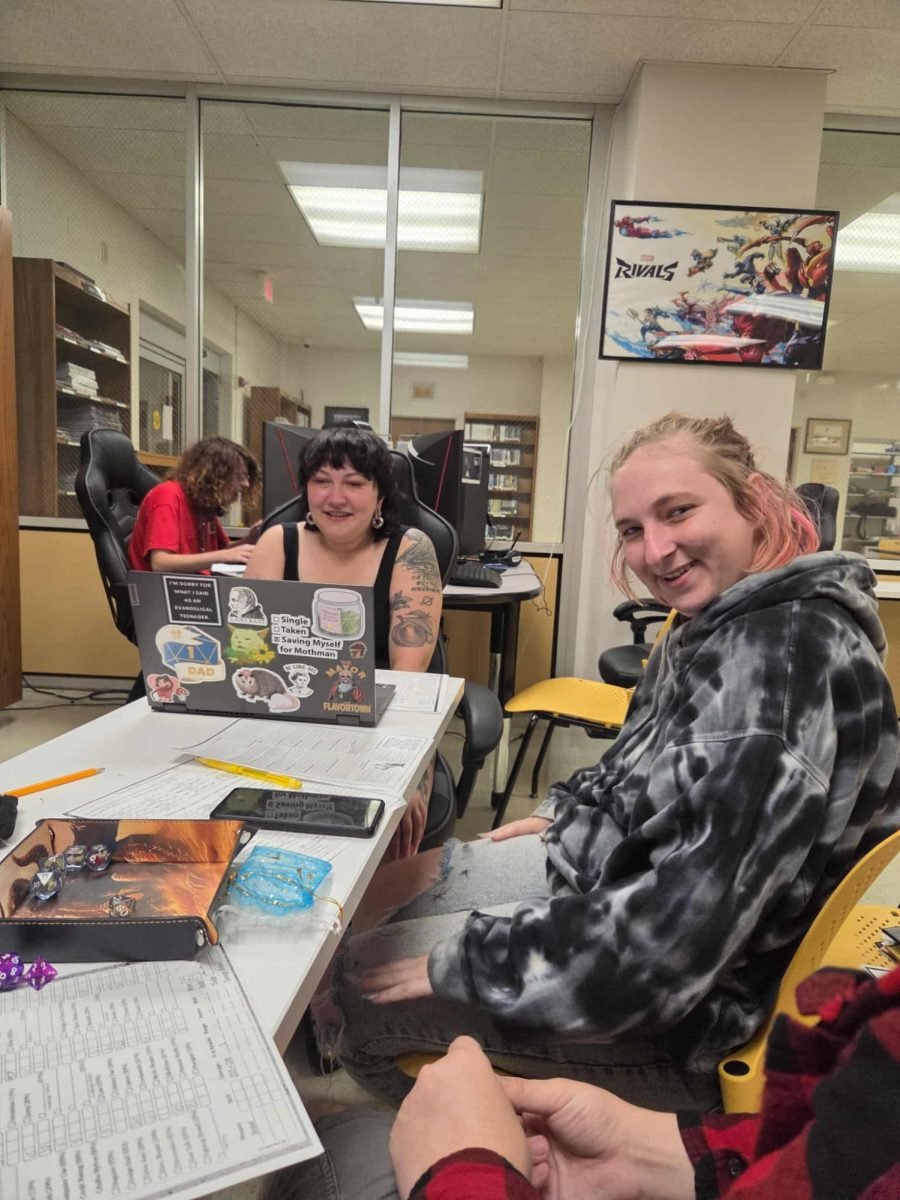
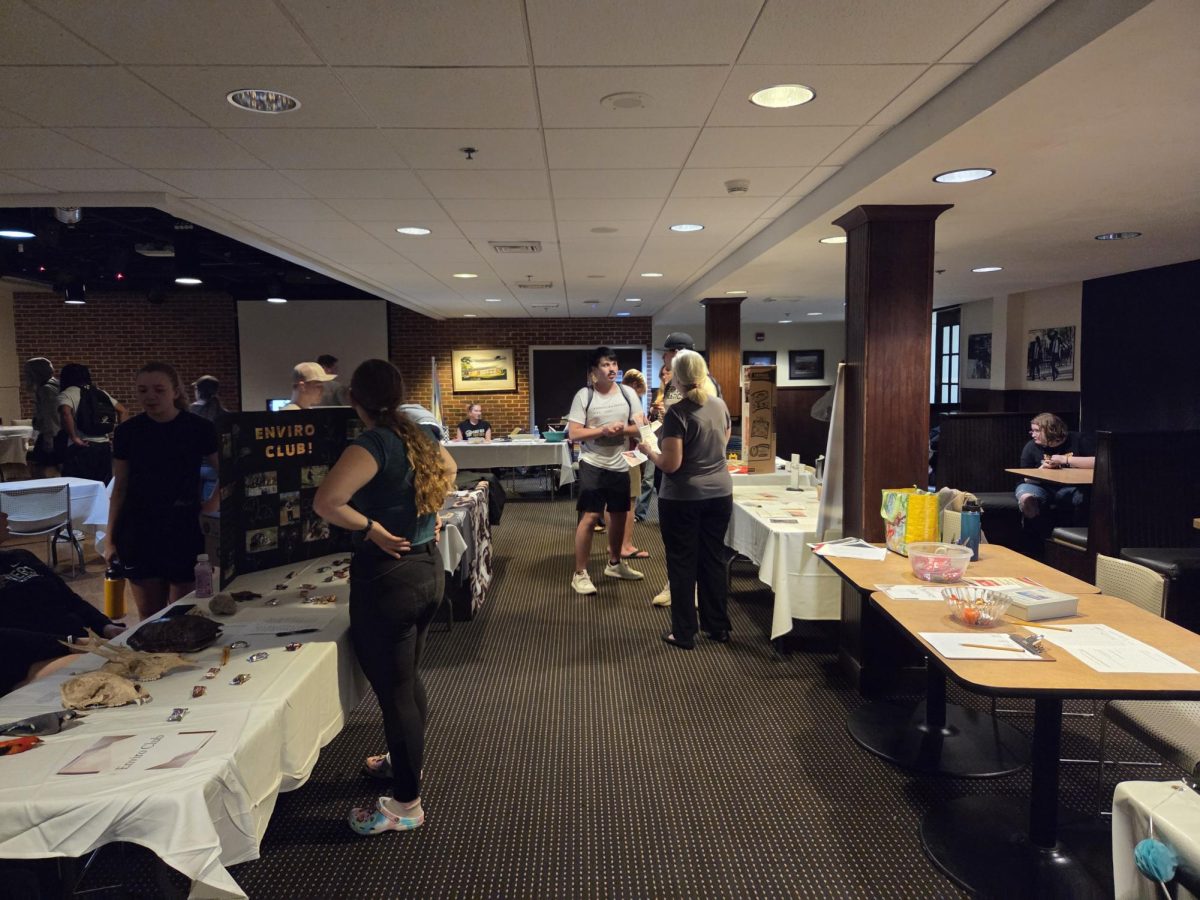
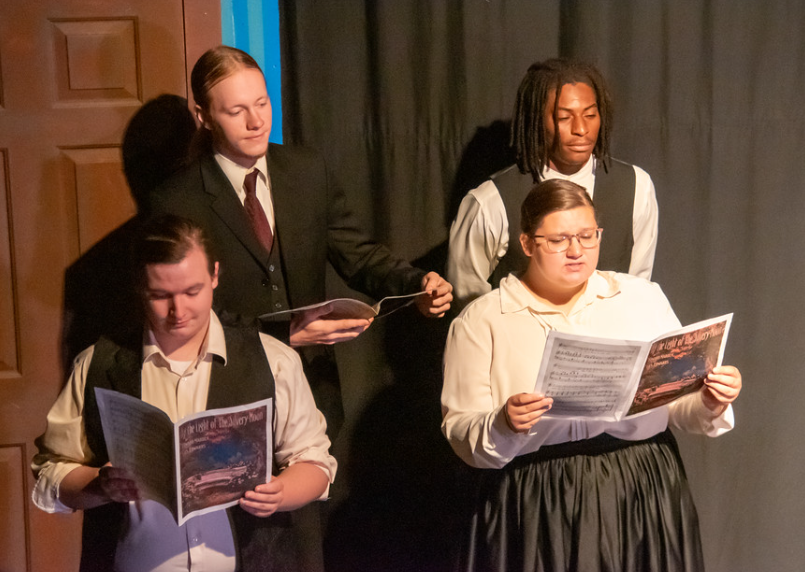
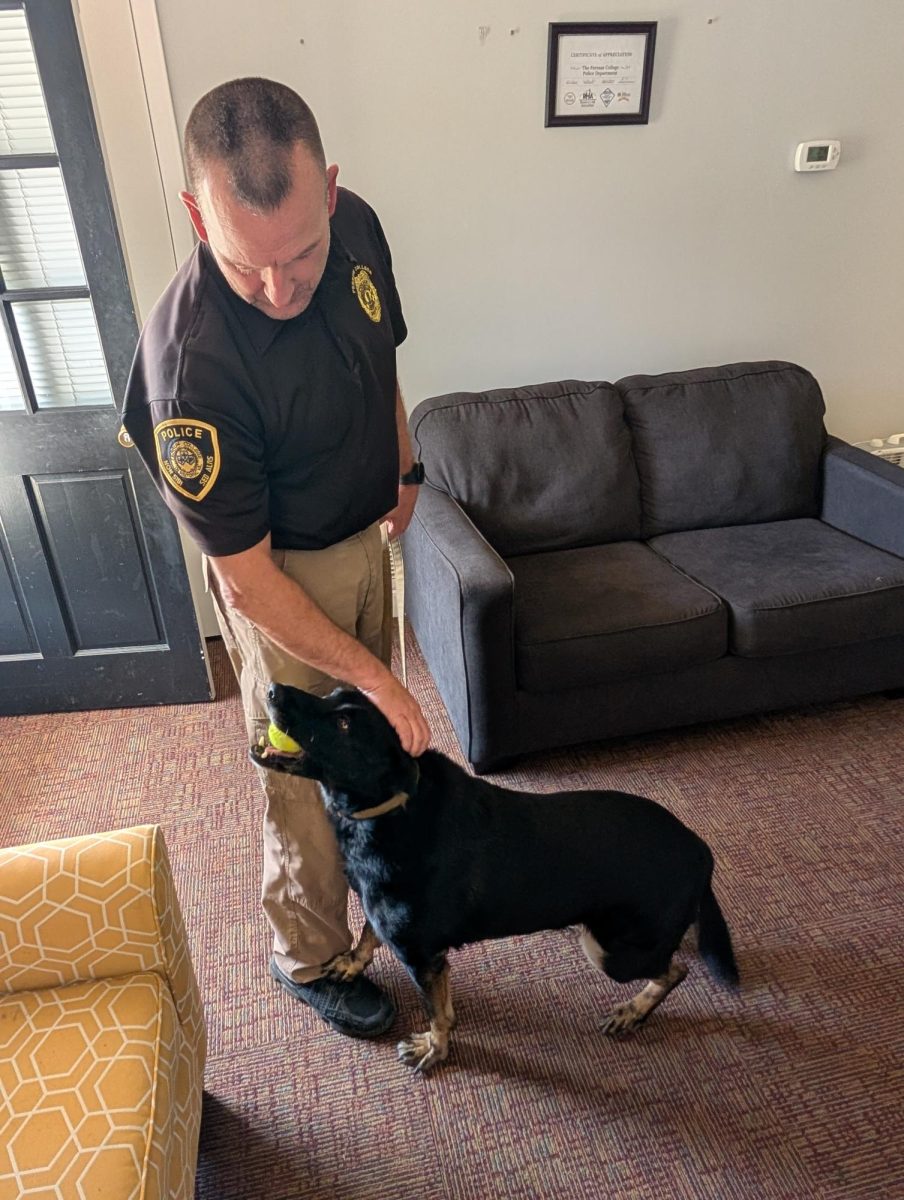
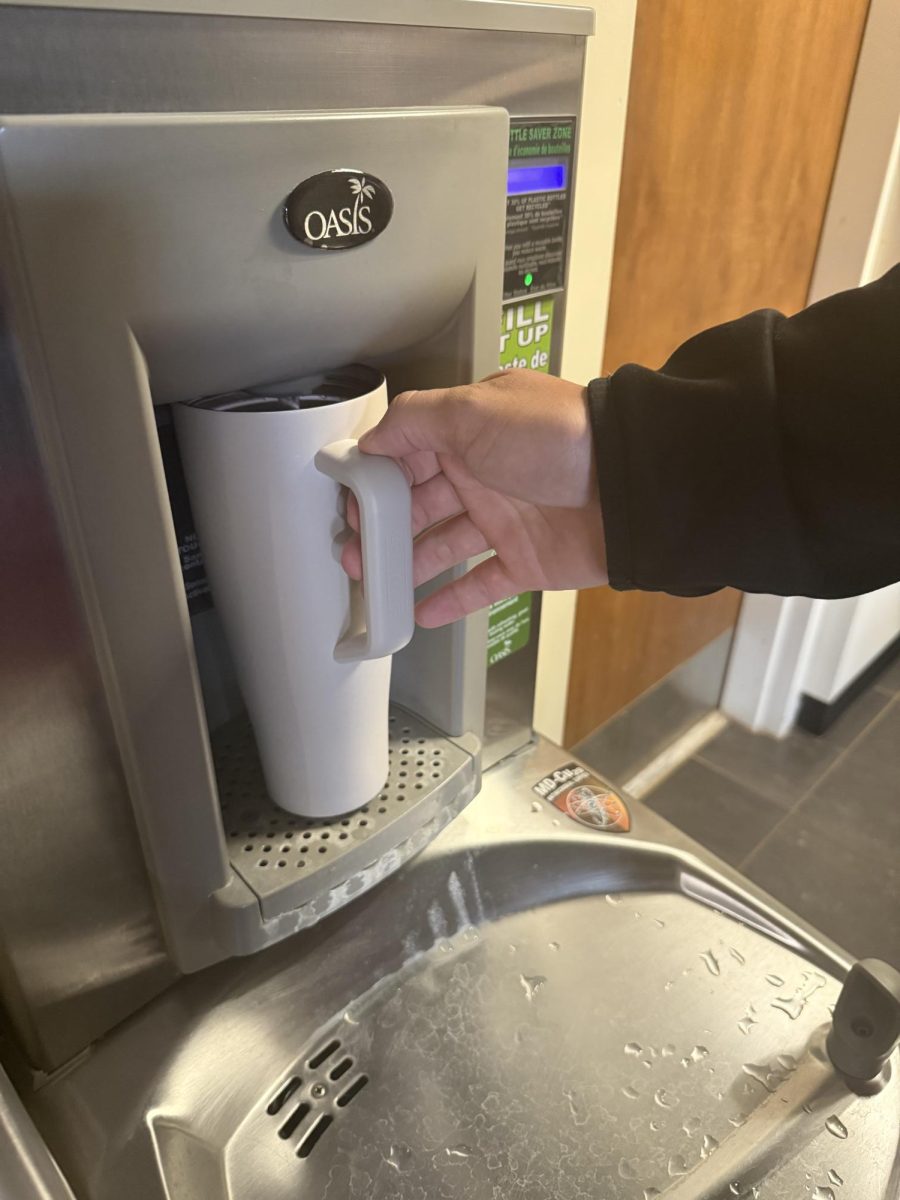
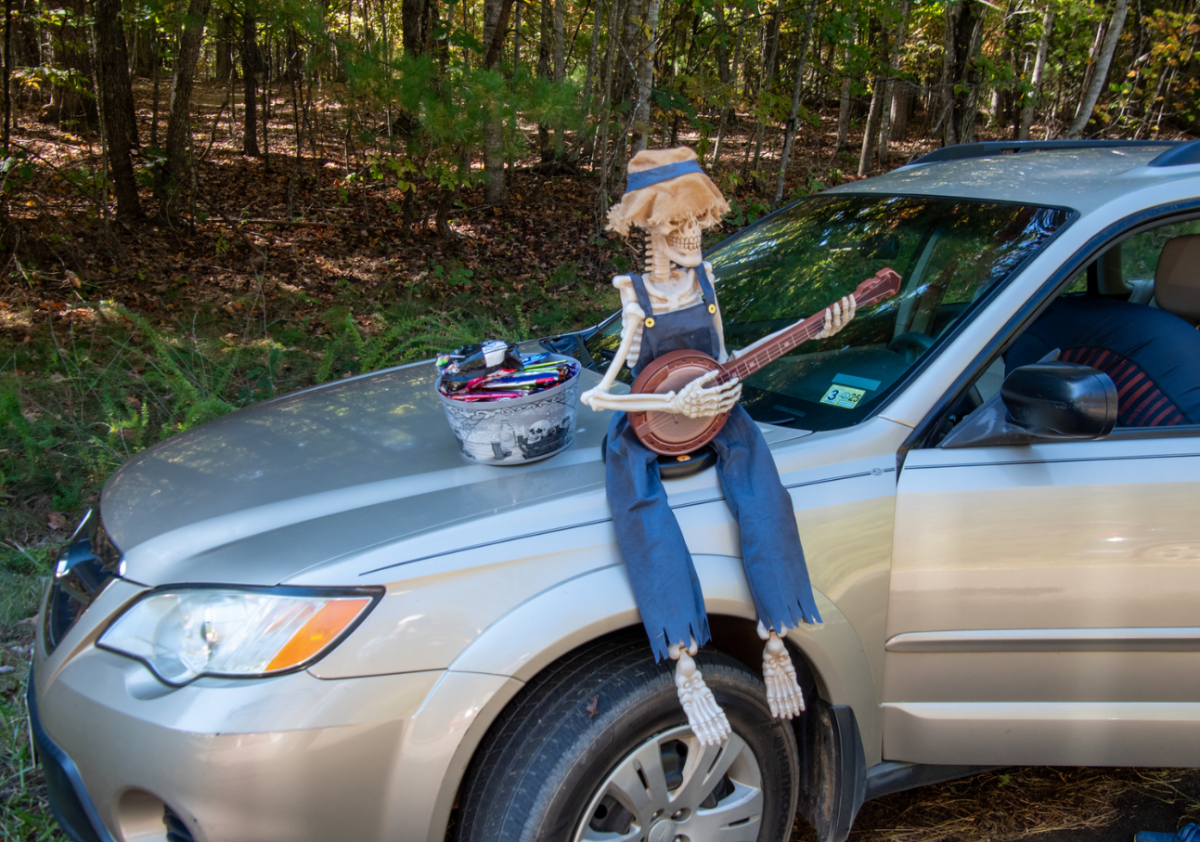
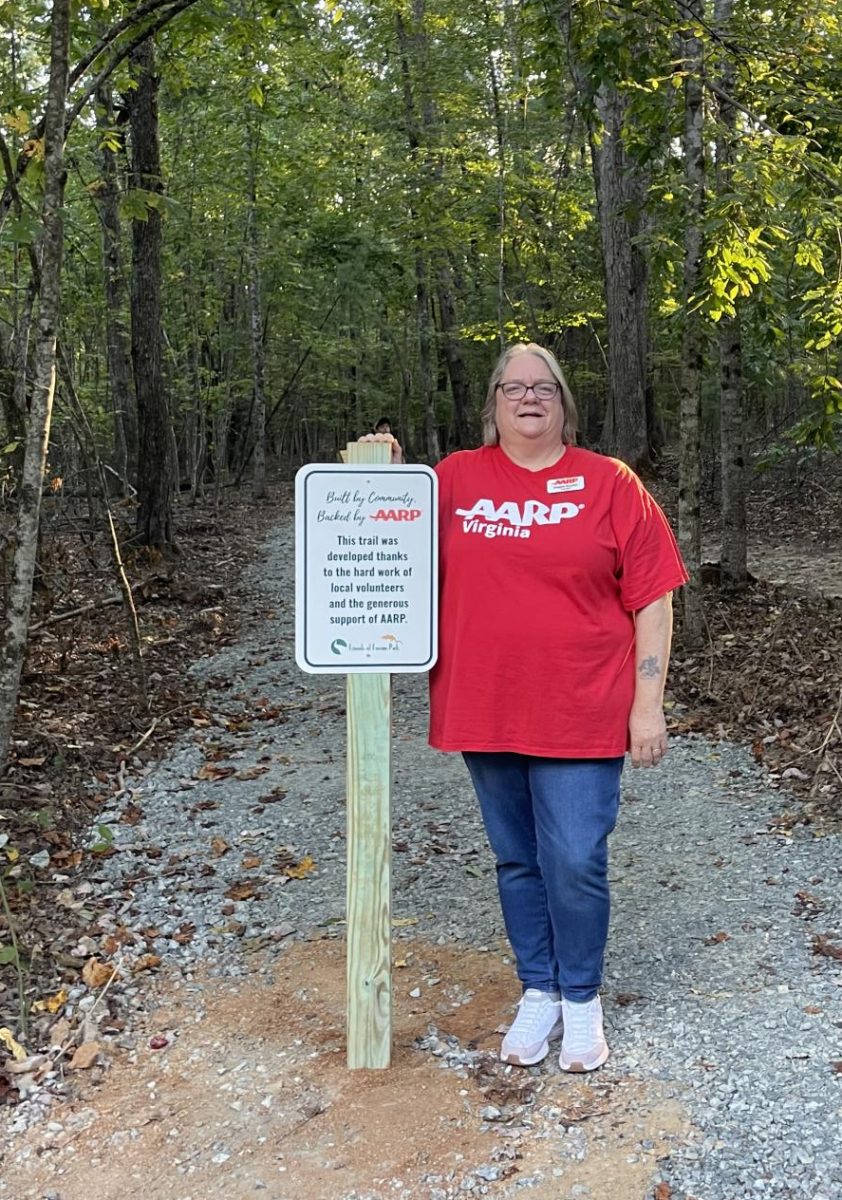
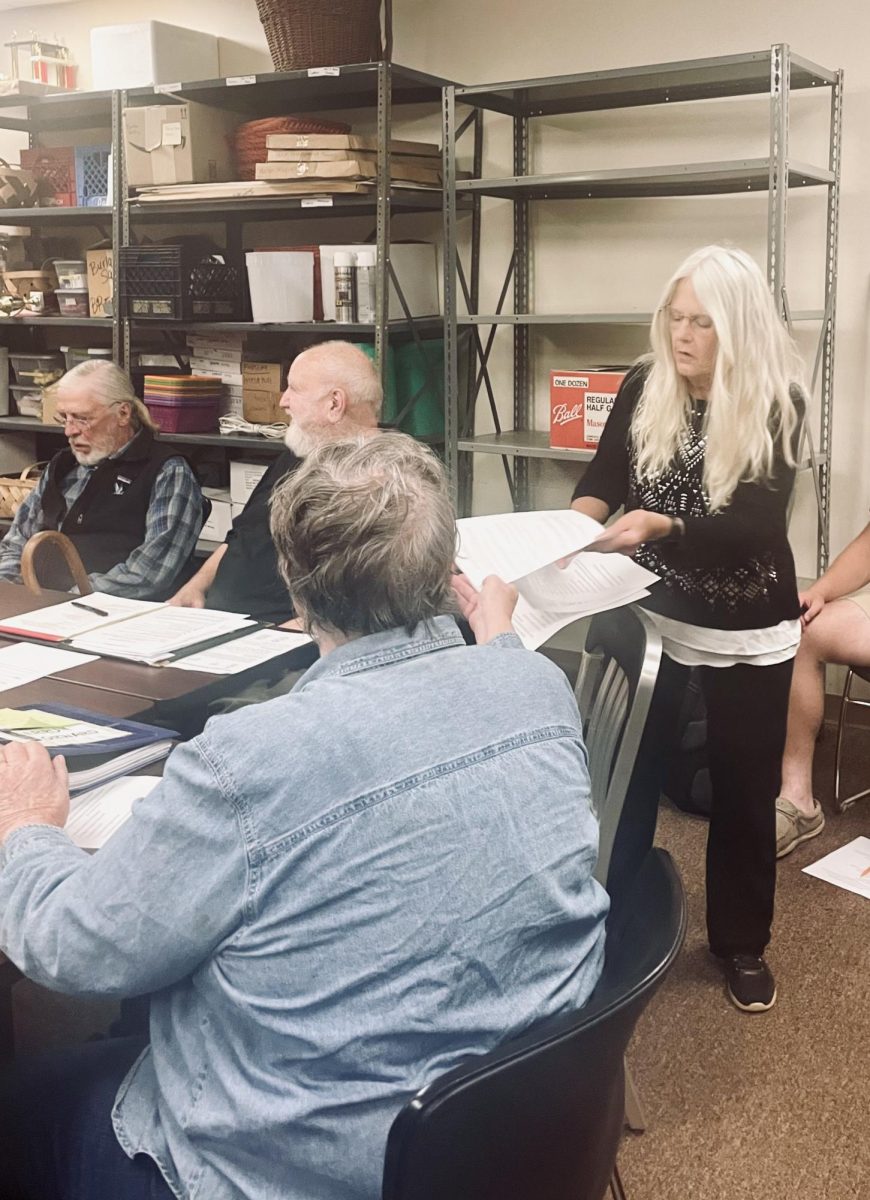
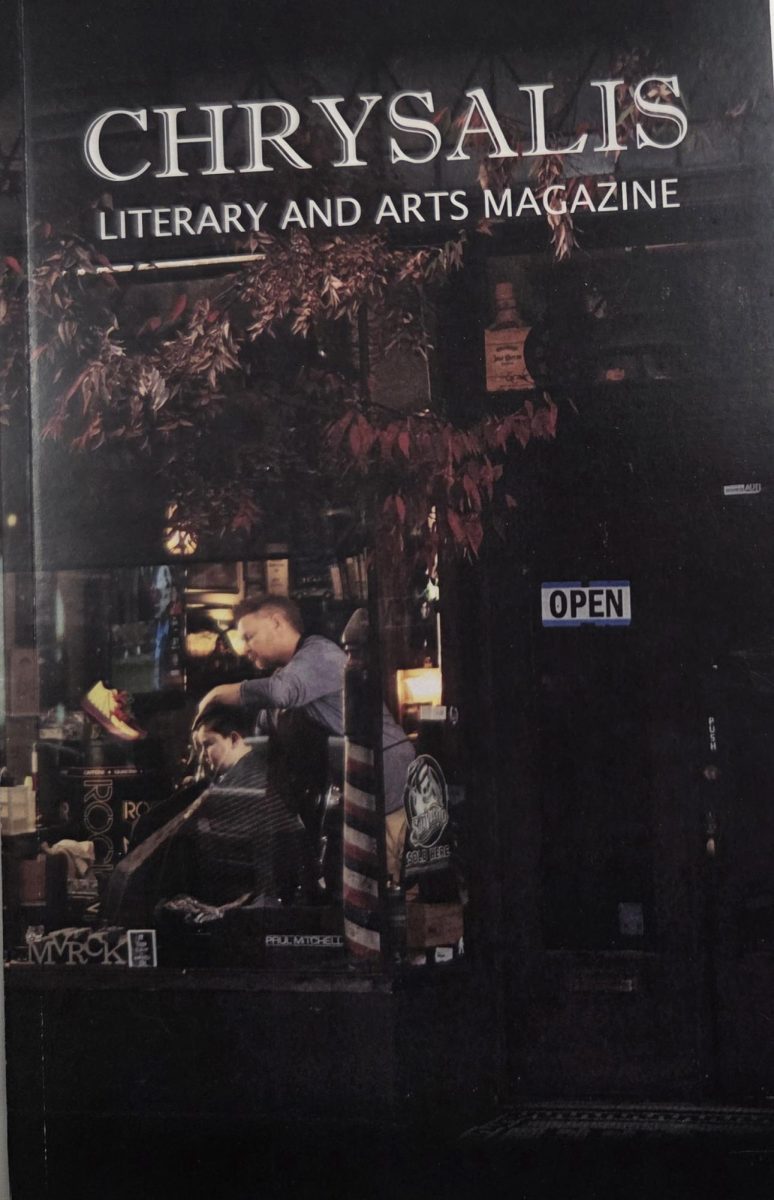
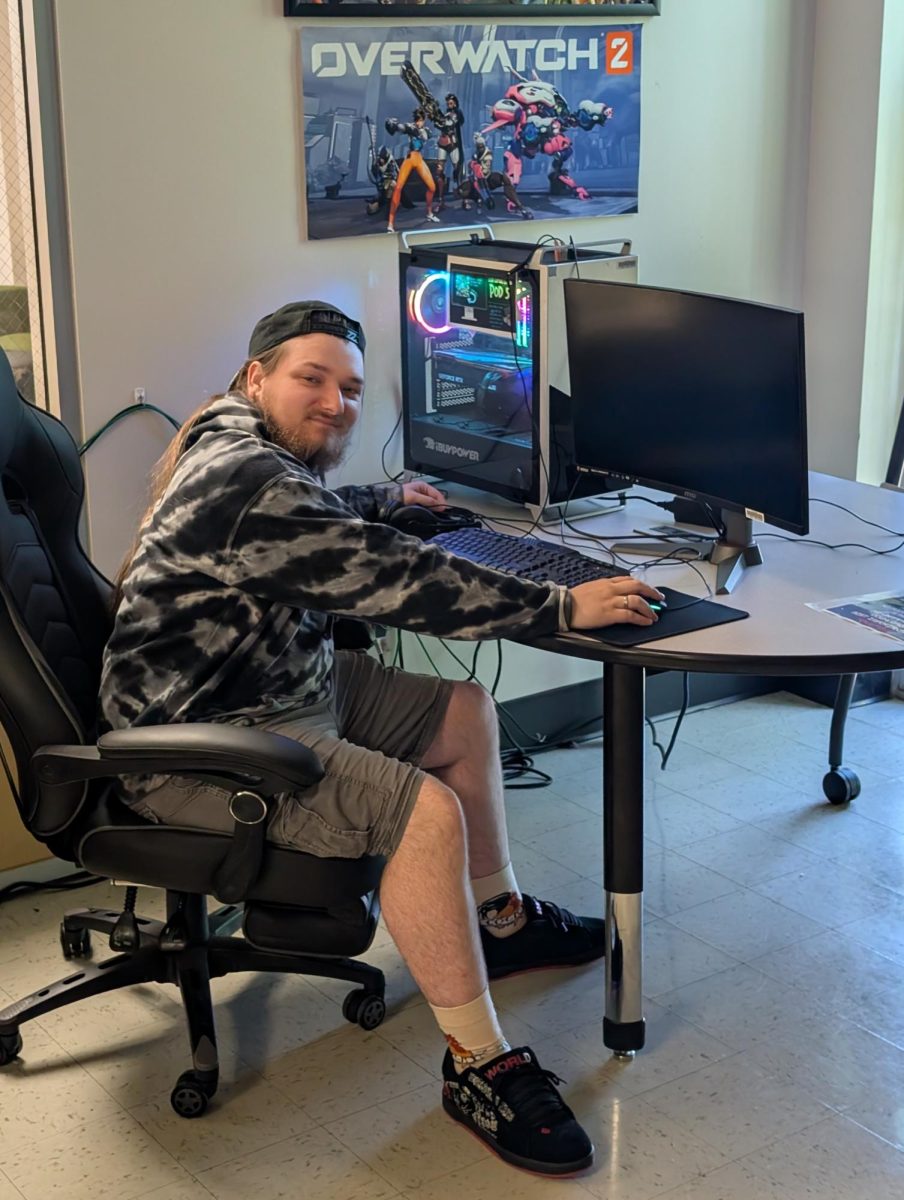
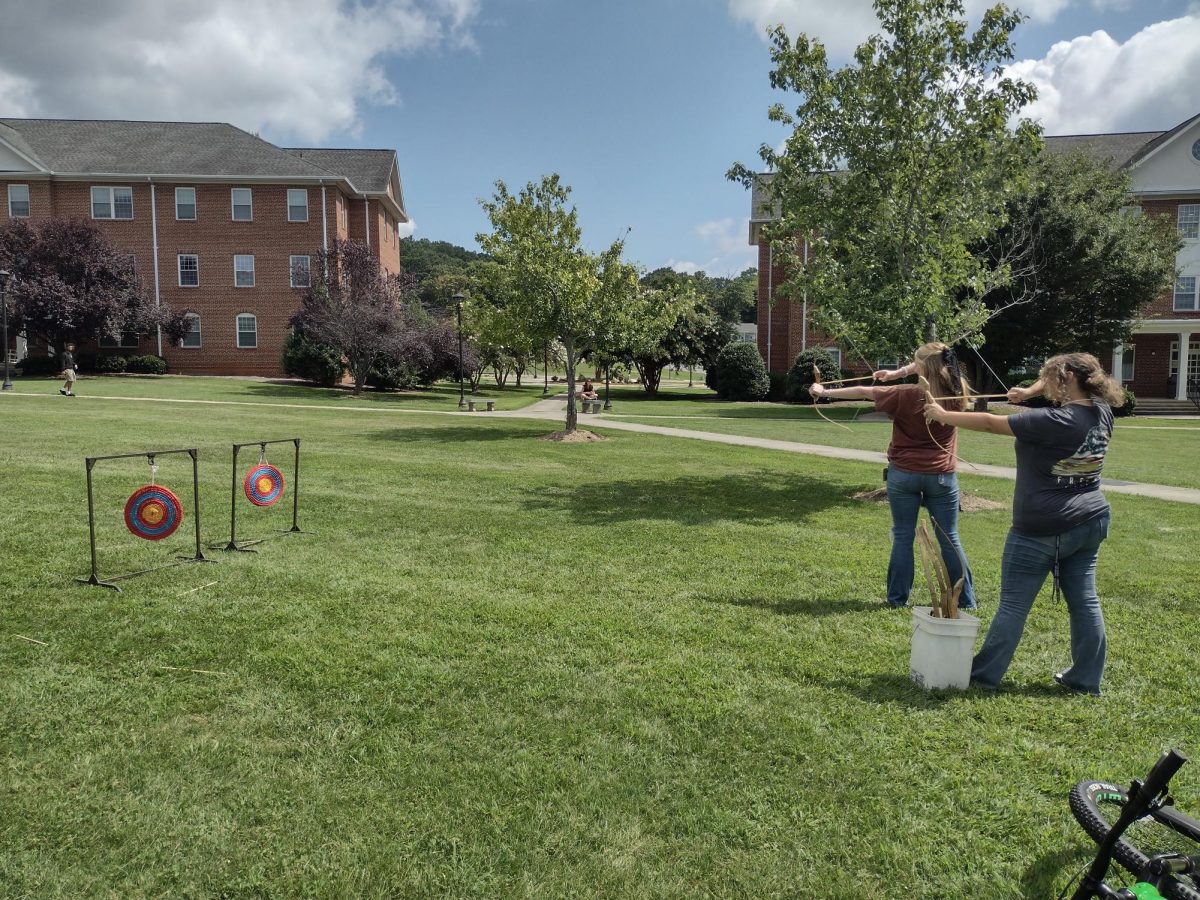
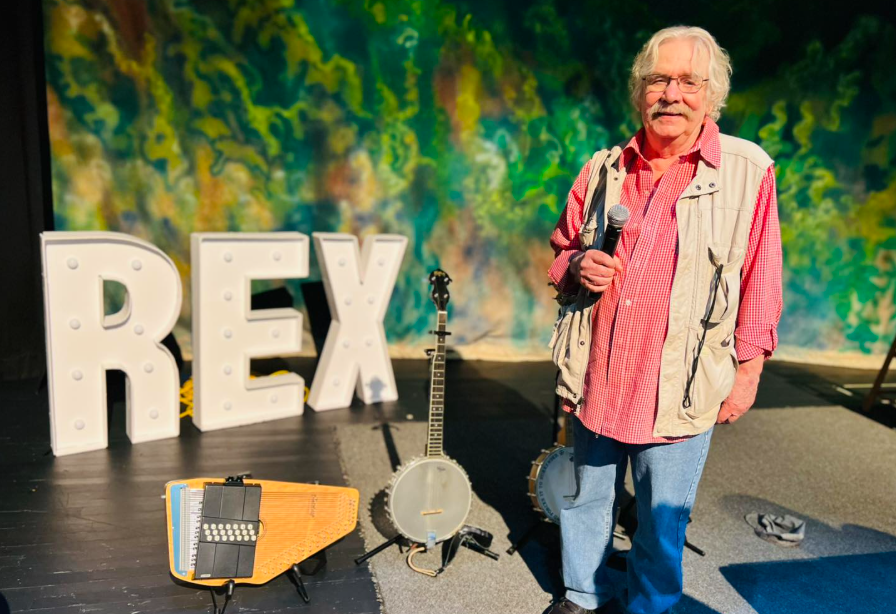

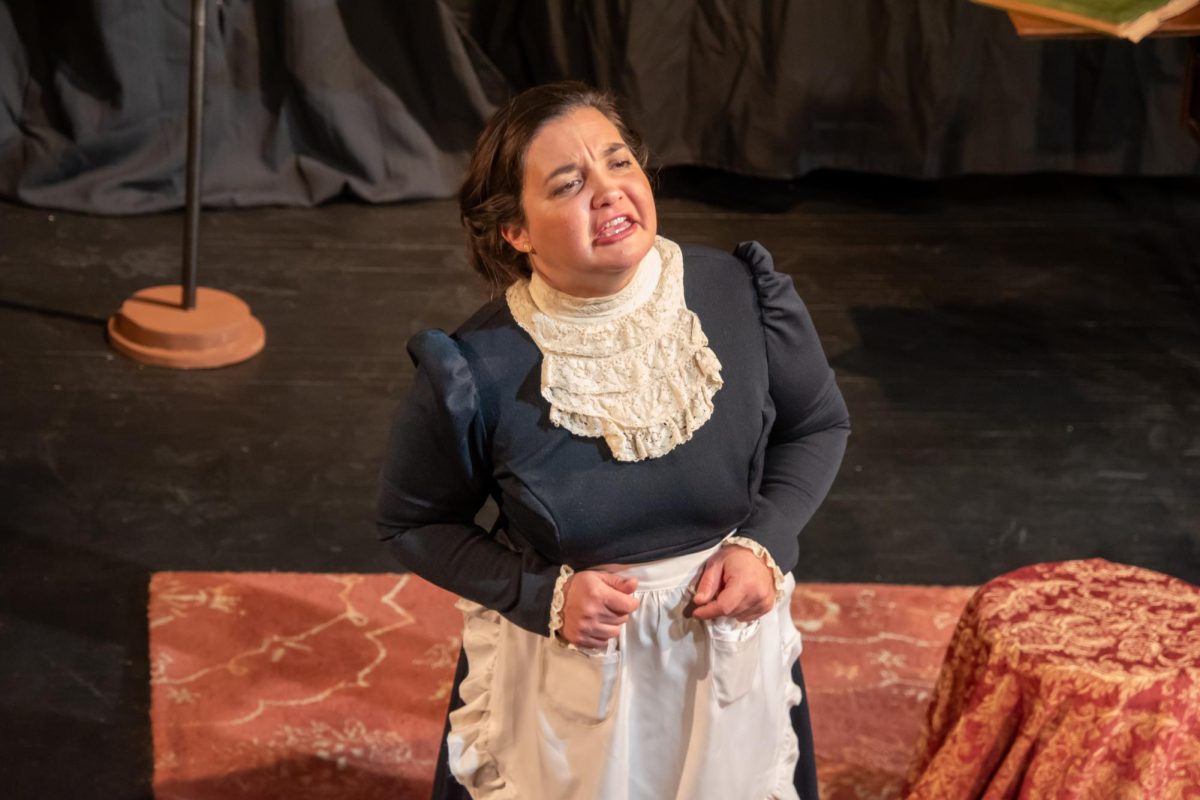

Bridgett • Nov 30, 2023 at 7:07 pm
I can’t wait to see it!!